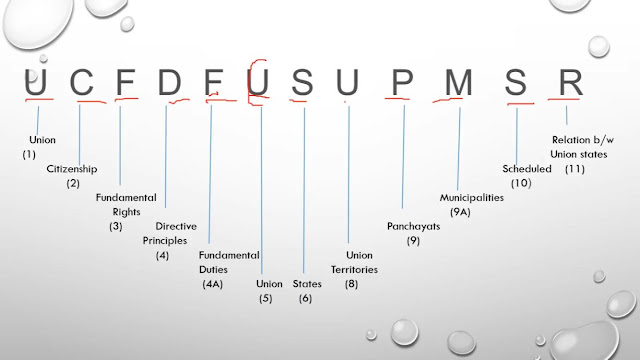DIFFERENCE BETWEEN HEARING AND TRIAL
In law, a trial and a hearing are different. A hearing is a procedure before a court or any decision-making body or any higher authority. Trials happen when the parties in a dispute come together to present their evidentiary information before an authority or a court.
When comparing a hearing and a trial, the former is shorter and also less formal. In the course of a legal action, hearings are normally conducted in an oral way so as to see if the issue could be resolved without any trial. Hearings are also processes to see and to decide on the discreet issues like the admissibility of the evidence to determine the proceedings of the trial. In hearings, testimony and limited evidence are presented.
When a trial is held before a group of members, it is called a jury trial. If the trial is before a judge, then it can be called a bench trial. The bench trials are often resolved in a rapid manner. Then there are criminal trials that deal with all types of crimes. A civil trial deals with non-criminal disputes.
Administrative hearings are also not considered to be trials even though they have similar features as that of a trial proceeding.
Though hearings before a court or any authority have many similar features as that of trial proceedings, they are not termed as trials. It should also be noted that appellate proceedings are also not termed to be trials as these are restricted to the review of the evidence before a court.
Hearings also come in many types. Some of the hearings involve civil issues and others involve criminal issues.
Summary:
1.A hearing is a procedure before a court or any decision-making body or any higher authority. A trial happens when the parties in a dispute come together to present their evidentiary information before an authority or a court.
2.In the course of a legal action, hearings are normally conducted in an oral way so as to see if the issue could be resolved without any trial. Hearings are also processes to see and to decide on the discreet issues like the admissibility of the evidence to determine the proceedings of the trial.
3.When comparing a hearing and a trial, the former is shorter and also less formal.
4.When a trial is held before a group of members, it is called a jury trial. If the trial is before a judge, then it can be called a bench trial.

Comments
Post a Comment